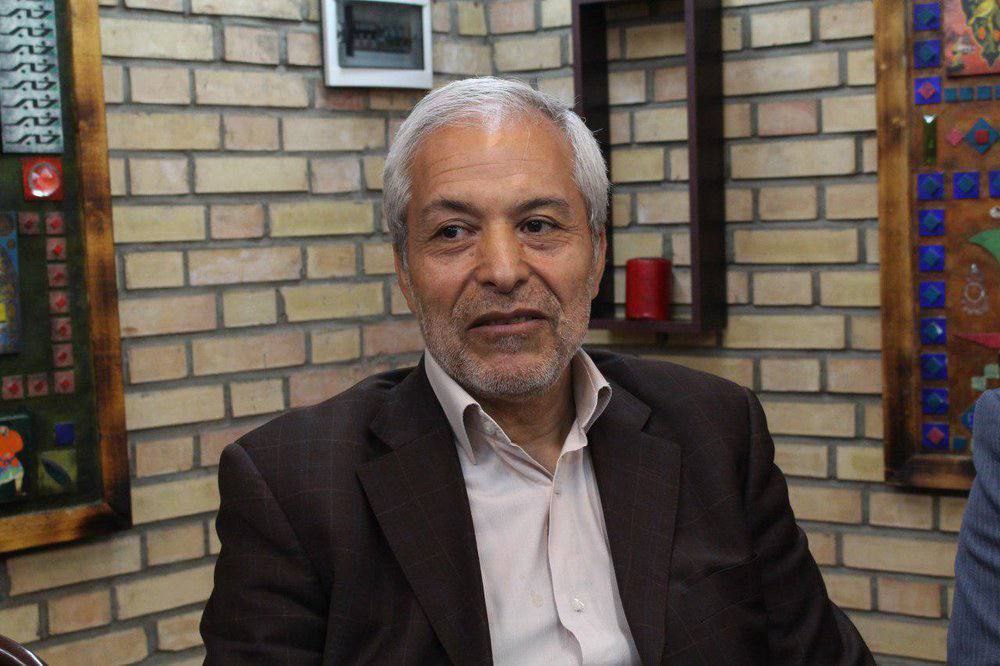Mahmoud Mirlohi, a member of the Reformists’ Supreme Council for Policymaking, said the political and social atmosphere in Iran has undergone major changes since the late 1990s and early 2000s when reformist president Mohammad Khatami steered the country through a political, social, and even economic overhaul.
Mirlohi said the policies by the reformist camp are not tailored to meet the tectonic shift in demands by “the generation Z.”
He said, “Assuming that the reformists enter the field and repeat all the things they did in 2013, and 2017 elections and Mr. Khatami also steps on board, do you think the society will accept him? Do you have such an estimate of generation Z women, academics, and others?”
The disillusioned former politician said the young generation in Iran that finds itself at odds with the ruling principlists, do not view the reformists as the solution to the myriad of problems in the country either.
The principlists are widely predicted to gain a sliding victory in the legislative polls.
The elections are slated to be held on March 1 while the Guardian Council has disqualified many candidates for the polls, many of them reformist hopefuls, including Iran’s former reformist-leaning president Hassan Rouhani.
Analysts have warned that the tightening of the noose by the vetting body will lead to an overarching apathy and a rift between the ruling establishment and the nation.
